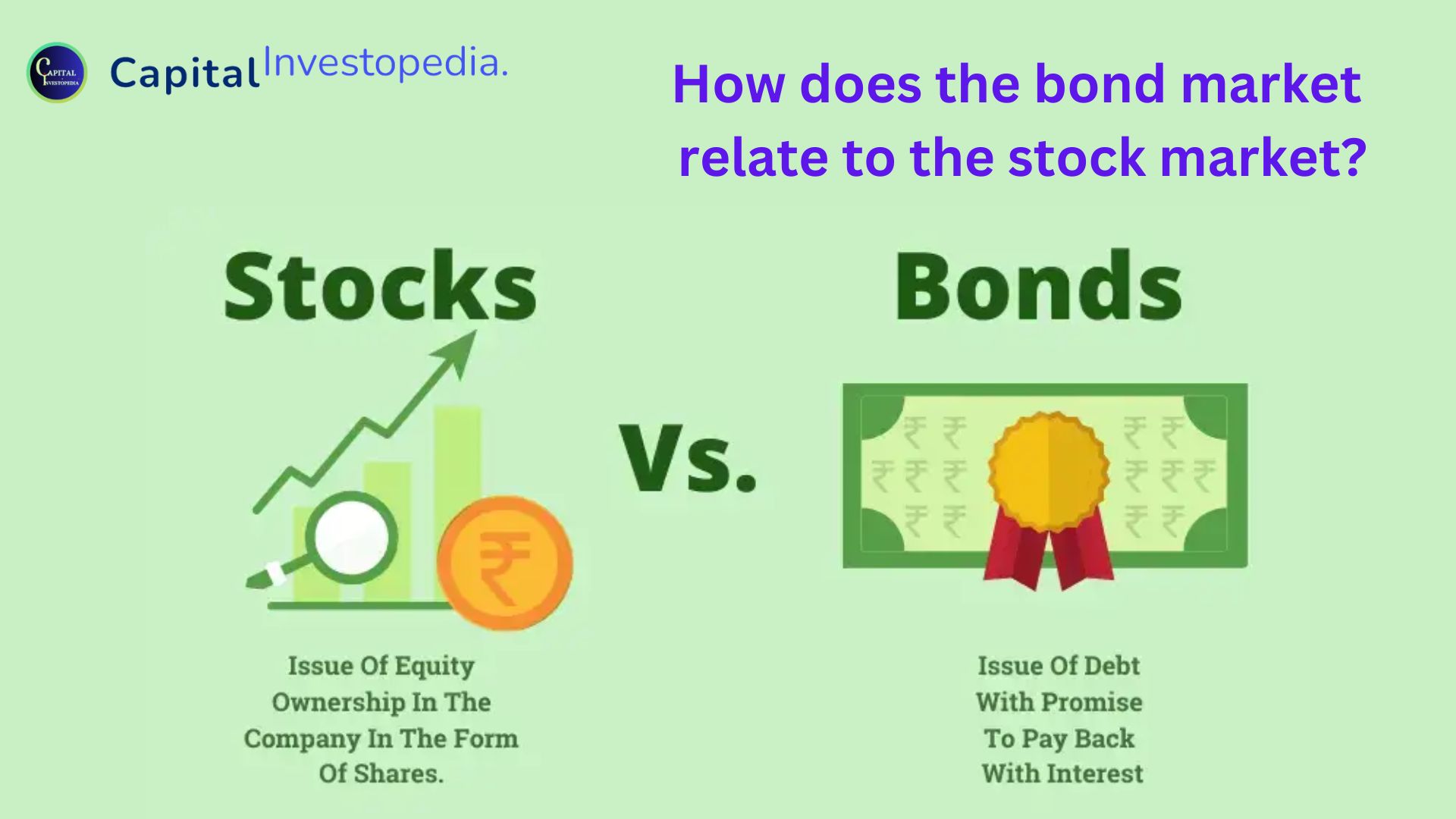The bond market and the stock market are integral components of the broader financial system, each playing distinct roles and exhibiting unique characteristics. Bonds represent debt instruments issued by governments, municipalities, and corporations to raise capital. Investors who purchase bonds essentially lend money to the issuer in exchange for periodic interest payments and the return of the principal amount at maturity. The bond market is often considered a more conservative and stable investment compared to the stock market due to the predictable cash flows associated with fixed-interest payments.
On the other hand, the stock market involves the buying and selling of ownership shares in publicly traded companies. Investors in stocks become partial owners and stand to benefit from the company’s profits through capital appreciation and dividends. Unlike bonds, stocks are inherently riskier and more volatile, as their value is influenced by various factors, including company performance, market sentiment, and economic conditions.
The relationship between the bond market and the stock market is complex and dynamic. One key aspect is the interplay of interest rates. When interest rates rise, bond prices tend to fall as their fixed coupon payments become less attractive compared to newly issued bonds with higher yields. Conversely, falling interest rates can boost bond prices. This dynamic influences investor preferences between stocks and bonds. In a rising interest rate environment, investors may shift from stocks to bonds, seeking the safety of fixed-income securities.
Additionally, both markets respond to broader economic trends. Economic expansions generally favor stocks, as companies tend to thrive, leading to higher profits and stock prices. In contrast, during economic downturns, investors may flock to the relative safety of bonds, driving up their prices. The correlation between stocks and bonds is not always straightforward, as diverse factors such as inflation, central bank policies, and geopolitical events can create intricate relationships and impact both markets simultaneously.
In summary, while the bond market and the stock market serve distinct functions, their interconnectedness is evident through the influence of interest rates, economic conditions, and investor behavior. Understanding the dynamics between these markets is crucial for investors in constructing diversified portfolios and managing risk in their financial strategies.





